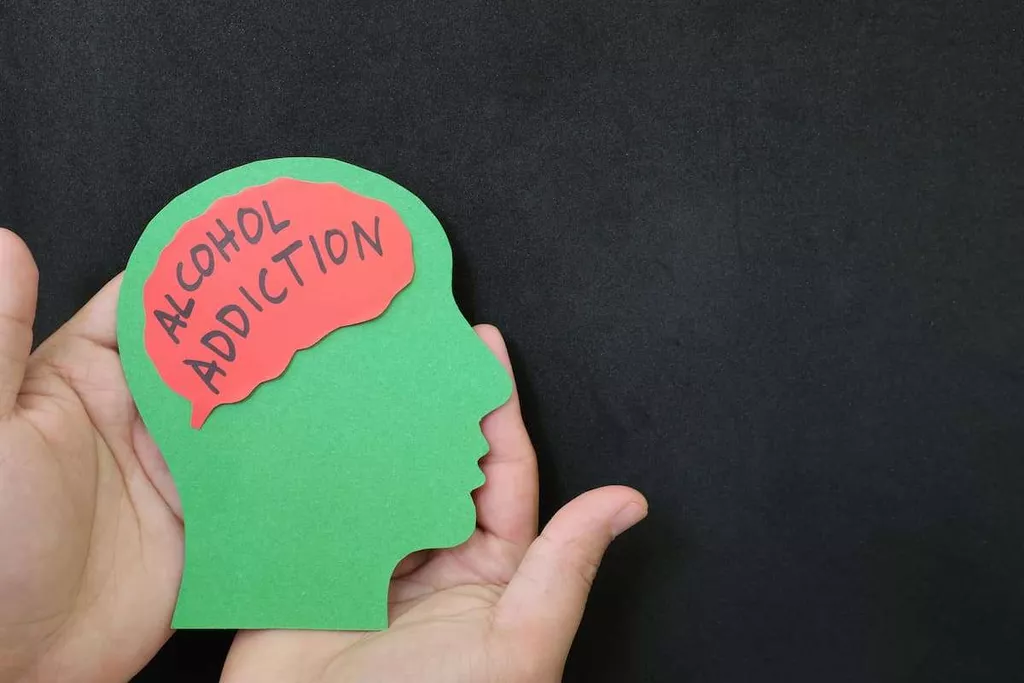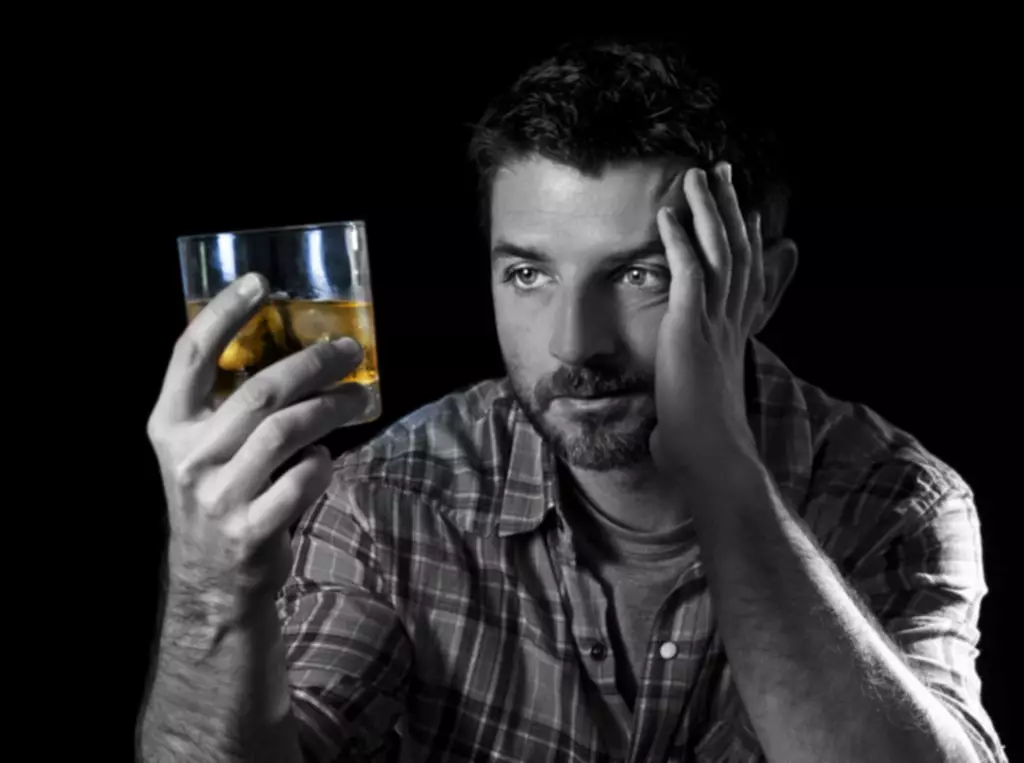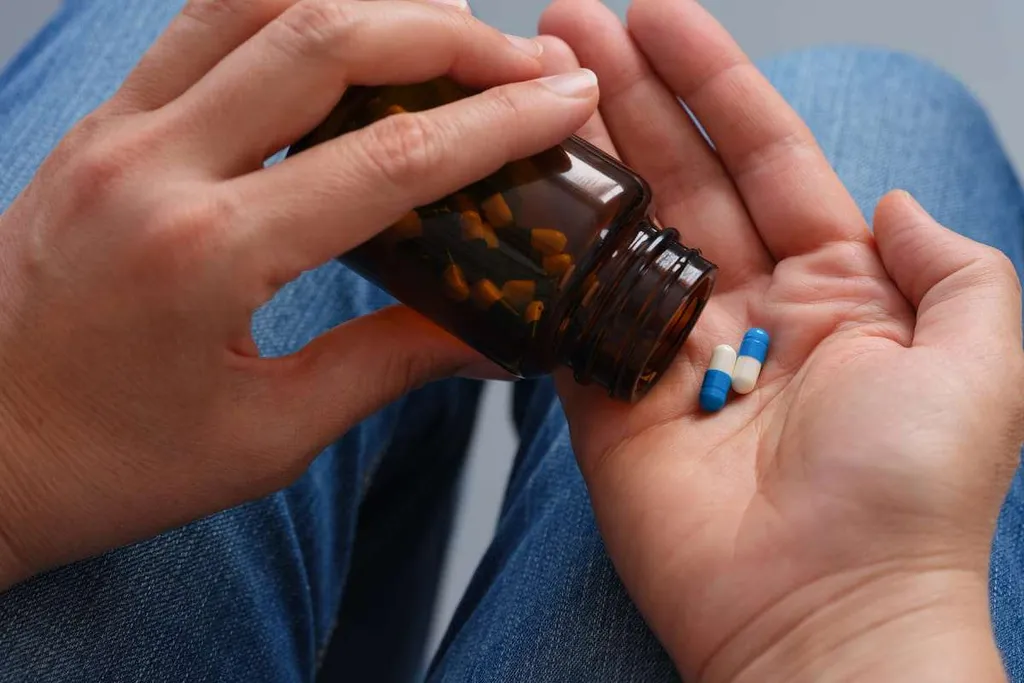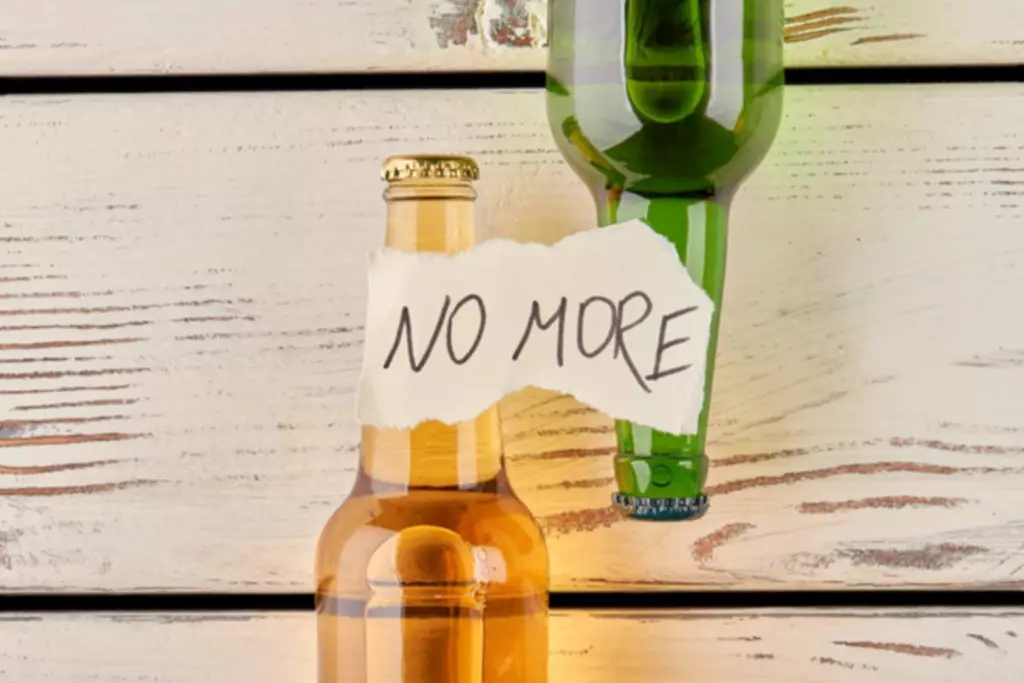
During the recovery process, as alcohol is eliminated from the body, the sudden drop in blood sugar levels can trigger cravings for sugar. This is because the body craves a quick source of energy to compensate for the low blood sugar levels. Turning to sugar-rich foods or beverages provides a rapid influx of glucose, temporarily satisfying the craving. In summary, the inherent dangers of sugar addiction in alcoholics underscore the importance of addressing both alcohol and sugar addiction in the recovery process. A comprehensive approach to addiction recovery should therefore incorporate strategies to manage both alcohol and sugar cravings. In conclusion, the interplay between alcohol, taste receptors, and sugar cravings is complex and multifaceted.
Factors Influencing Sugar Cravings
For that matter, as we’ve also noted above, there are many different elements in play as regards sugar cravings. Therefore, as each case differs from the next, a personalized rehab program can only help ensure a successful recovery. There is no one-size-fits-all approach to addiction treatment, as we’ve highlighted many times in the past. When delving deeper into the question, “why do alcoholics crave sugar?”, it is important to consider the broader context of substance addiction and how sugar plays a role in it.
The Effects of Alcohol is Ruining my Family and Relationships

Various resources are available for individuals seeking recovery and wellness, especially in relation to overcoming alcoholism and managing sugar cravings. These resources include therapy options, support groups, and educational materials. Alcoholism is a complex condition that affects individuals in varied and profound ways. It involves not only a physical dependence on alcohol but also emotional and psychological components. This dependence can manifest in numerous behavioral patterns, including cravings for substances that can provide a quick source of energy or pleasure.
- Explore alternative ways to achieve sobriety without rehab, including support groups, therapy, lifestyle changes, self-help techniques, and healthy coping strategies for lasting recovery.
- With the complexities surrounding alcohol dependency, including its physiological and psychological aspects, engaging with professionals can significantly enhance the recovery process.
- These options can provide a natural source of sugar without the risk of triggering a relapse.
Exploring the Link Between Alcoholism and Sugar Cravings
The more you do “the work” the less you’ll need sugar or other external things. Explore the three features of best drug rehab centers that support lasting recovery and effective treatment. As understanding of the gut microbiome’s role https://ecosoberhouse.com/article/signs-and-symptoms-of-alcohol-dependence/ in addiction grows, scientists are exploring microbiome-directed therapies as potential treatment options for AUD.
- These symptoms can be temporarily alleviated by consuming sugary foods, as they provide a quick energy boost.
- On another level, you might be reaching for extra sweets because “your brain has become accustomed to get a hit of something that feels pleasurable” thanks to that dopamine hit, Weiss explains.
- Fruits not only offer natural sweetness but also contain valuable vitamins, minerals, and fiber that contribute to overall health.
Yes, excessive sugar consumption can have negative effects on your overall health and recovery. Consuming large amounts of sugary foods and beverages can lead to weight gain, increased risk of diabetes, decreased nutrient intake, and worsened mood. Incorporating nourishing whole foods and practicing balance and mindful eating are essential components of managing sugar cravings in recovery.

The Physical and Psychological Symptoms of Heroin Withdrawal

Various treatment options and resources are available, including evidence-based approaches tailored to individual needs, to effectively address sugar cravings and maintain sobriety 3. A balanced diet is crucial in recovery, helping mitigate sugar cravings while promoting overall health. Maintaining regular meals and consuming nutrient-dense foods can stabilize blood sugar levels and reduce the likelihood of reaching for sugary snacks.
Alcohol Detox Medications
By addressing both the physiological and psychological aspects of sugar cravings, individuals can break the cycle and achieve a healthier relationship with food and alcohol. Seeking professional help and support from healthcare providers, therapists, or support groups can also be beneficial in navigating the complexities of alcoholism and sugar cravings. Stress is a major trigger for alcohol cravings and can also contribute to sugar cravings in alcoholics. When a person experiences stress, their body releases the hormone cortisol, which can increase blood sugar levels. In Sobriety response, the body may crave sugary foods or beverages to help regulate these levels.

The Role of Positive Visualization in Addiction Treatment
- Therefore, it is vital that addiction treatment providers understand this connection and take decisive, calculated steps toward addressing it.
- So you might be searching for sweets due to stress, a reaction that sounds like something we can all relate to.
- This change in taste perception can lead to increased consumption of sugary foods and drinks in alcoholics.
- In addition to this, nutrient deficiencies and blood sugar issues resulting from severe alcohol use disorders can trigger cravings for high-sugar foods like chocolate, candy, or other sweet treats.
- Addressing the root causes of sugar cravings through a well-balanced diet can help stabilize blood sugar levels and reduce the intensity of cravings.
- Moreover, alcohol impacts the brain’s reward system, triggering the release of pleasure-inducing neurotransmitters.
- A comprehensive approach to addiction recovery should therefore incorporate strategies to manage both alcohol and sugar cravings.
The question “why do recovering alcoholics do alcoholics crave sugar crave sugar?” is one that has drawn significant attention in the addiction recovery community. Preliminary studies have observed increases in sugar consumption, sweet cravings, and alcohol cravings in early recovery. Understanding these factors can help individuals in recovery, and their support network, to address and manage sugar cravings effectively. By recognizing the underlying biological and psychological influences, it becomes possible to develop healthier coping mechanisms and strategies for managing cravings. This can significantly aid in the recovery process and help to prevent potential relapses.
